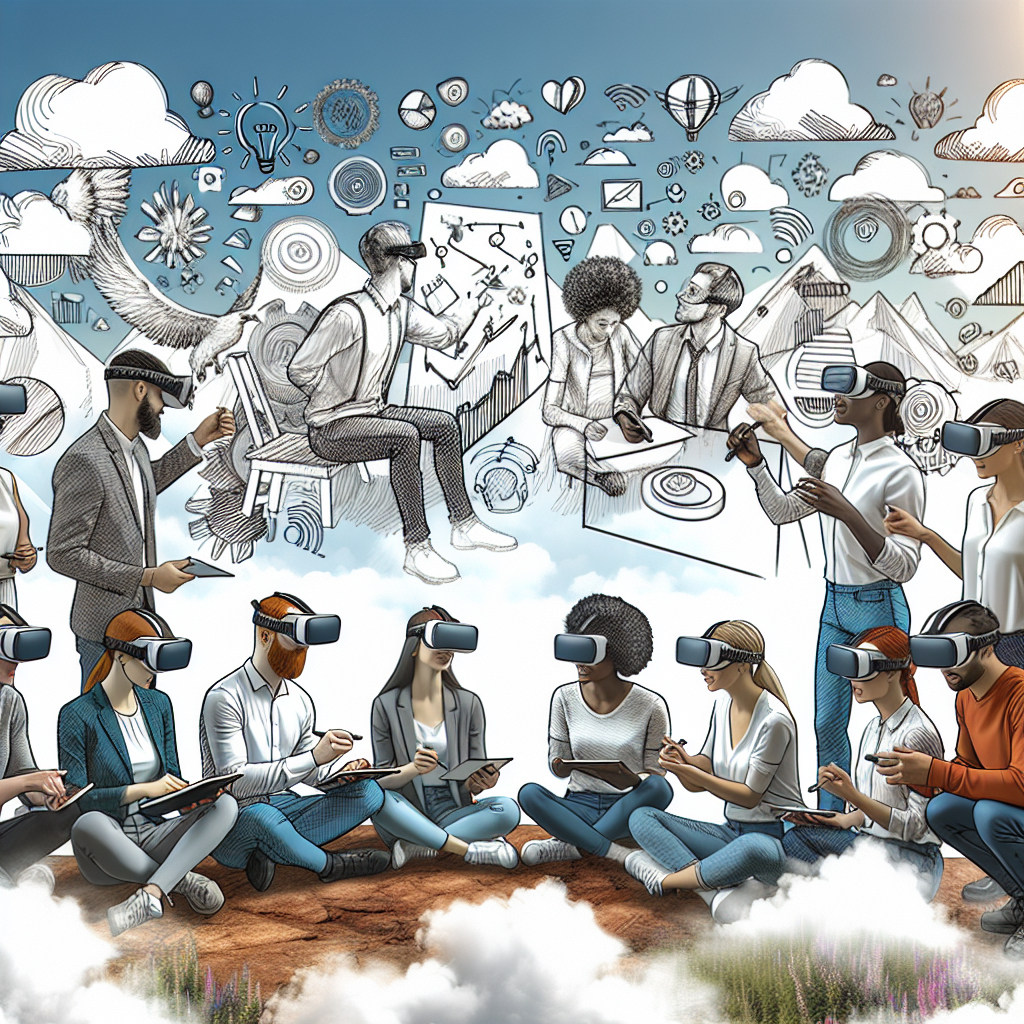CHI’25 Workshop
In-person workshop – Saturday, April 26th 2025
Call for participation
Mixed Reality (MR) has the potential to transform distributed collaboration by creating experiences that approach the richness of face-to-face interactions. However, existing systems often fall short, particularly when scaling to diverse physical environments or large teams.
The workshop aims to:
- Identify actionable strategies to address ongoing challenges (see topics).
- Articulate a research agenda fostered by interdisciplinary collaboration.
- Accelerate progress by organising our community’s efforts, creating a “living lab”.
Through presentations, hands-on activities, and group discussions, participants will generate actionable ideas and lay the groundwork for the next generation of collaborative MR systems.
Workshop Topics
We invite contributors from Human-Computer Interaction, Computer-Supported Collaborative Work, Virtual/Augmented/Extended Reality, and related fields to submit papers addressing, but not limited to, the following topics:
- Spatial Congruency in Heterogeneous Environments
How can we create congruent MR interaction spaces across diverse physical environments? - Embodied Interactions through User Representations
How can MR systems accurately portray embodied interactions across diverse distributed teams? - Organic Group Formation within Distributed Team
How can we support dynamic and fluid group interactions within large, distributed MR settings? - Asynchronous MR Collaboration
How can MR enable embodied conversations across different times to facilitate effective asynchronous collaboration? - Tangible Interactions Across Locations
How can MR systems support shared interactions with tangible objects across distributed locations? - Fluid Task Switching in Distributed MR Collaboration
How can distributed MR environments support seamless transitions between collaborative tasks?
Focusing on these questions will enable a deeper understanding of how MR systems can scale up to the ’messiness’ of real-life collaboration while supporting flexible, fluid interactions and a strong sense of co-presence.
Submission guidelines
We welcome submissions of position papers of 2-4 pages (excl. references) that present research challenges, potential solutions, case studies, or visions related to any of the workshop topics.
Submissions should adhere to the ACM Primary Article Template using a single column format. LaTeX users can employ the sample-manuscript.tex file as their main document, with \documentclass[manuscript, review]{acmart}. Please submit the paper as a PDF format (non-anonymised).
Submit here: EasyChair
The submissions will be reviewed by the organisers (and additional experts, if required) based on relevance, originality, significance and quality.
Registration
Upon acceptance, you will receive an invitation code that will enable you to register to our workshop. Instructions will be provided by e-mail.
At least one author of each accepted position paper must physically attend the workshop. All workshop participants must register for both the workshop and for at least one day of the main conference.
Visit chi2025.acm.org for conference details.
Contact
For more information or questions, please contact Adélaïde Genay.
Important dates
Submission of position papers: February 28th 2025 March 14th 2025
Decision to authors: March 14th 2025 March 27th 2025
Camera-ready versions due: April 4th 2025
Workshop: April 26th 2025
All deadlines above are on the end of the indicated day, at 23:59 AoE.
Workshop schedule
The morning will start with a kick-off and getting to know each other. The afternoon will be focused on meeting the workshop’s goal through a whiteboard exercise.
The schedule is planned as follows:
Workshop organisers
We are a distributed team of researchers interested in MR collaboration. Feel free to contact us if you have any questions!
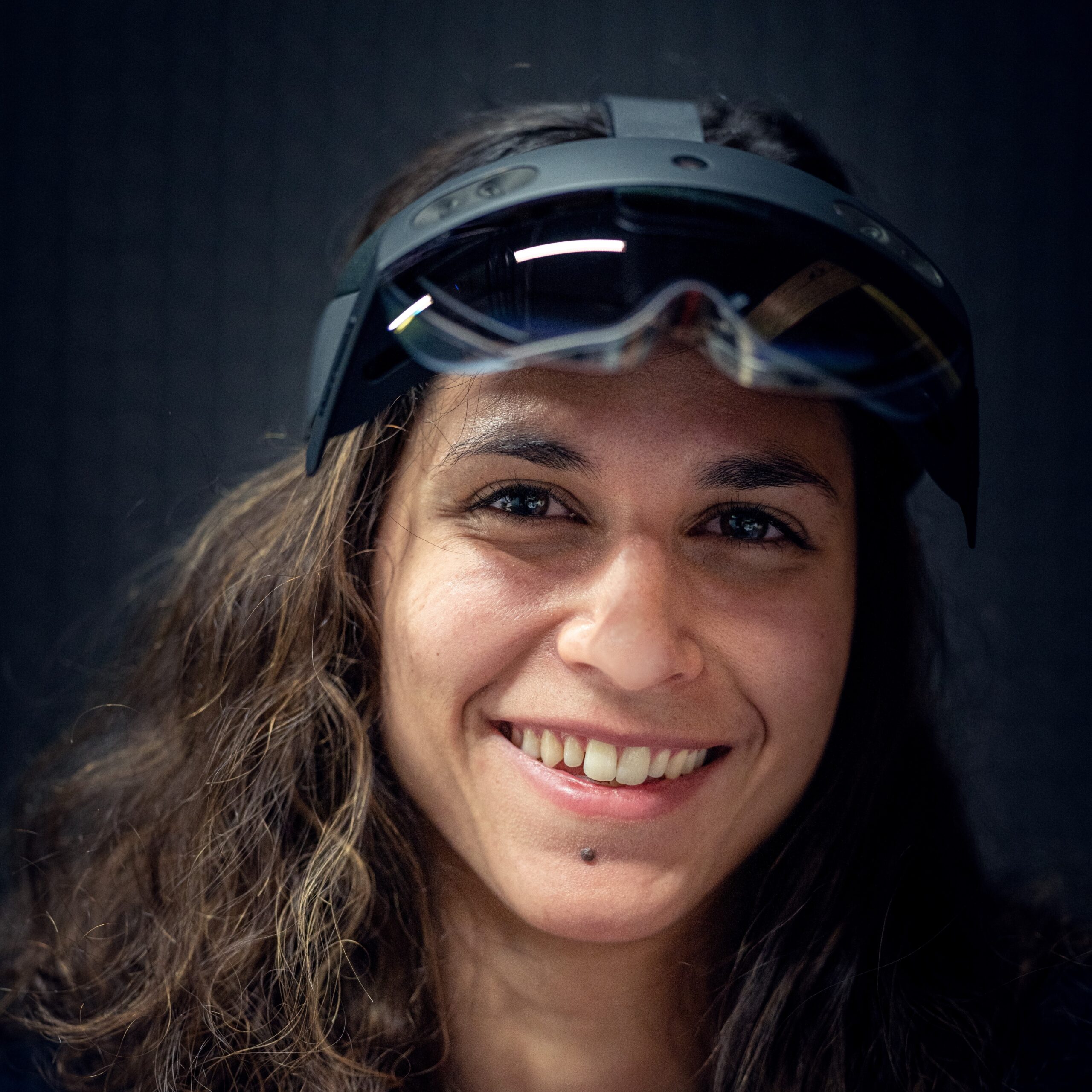
Lecturer, University of Melbourne
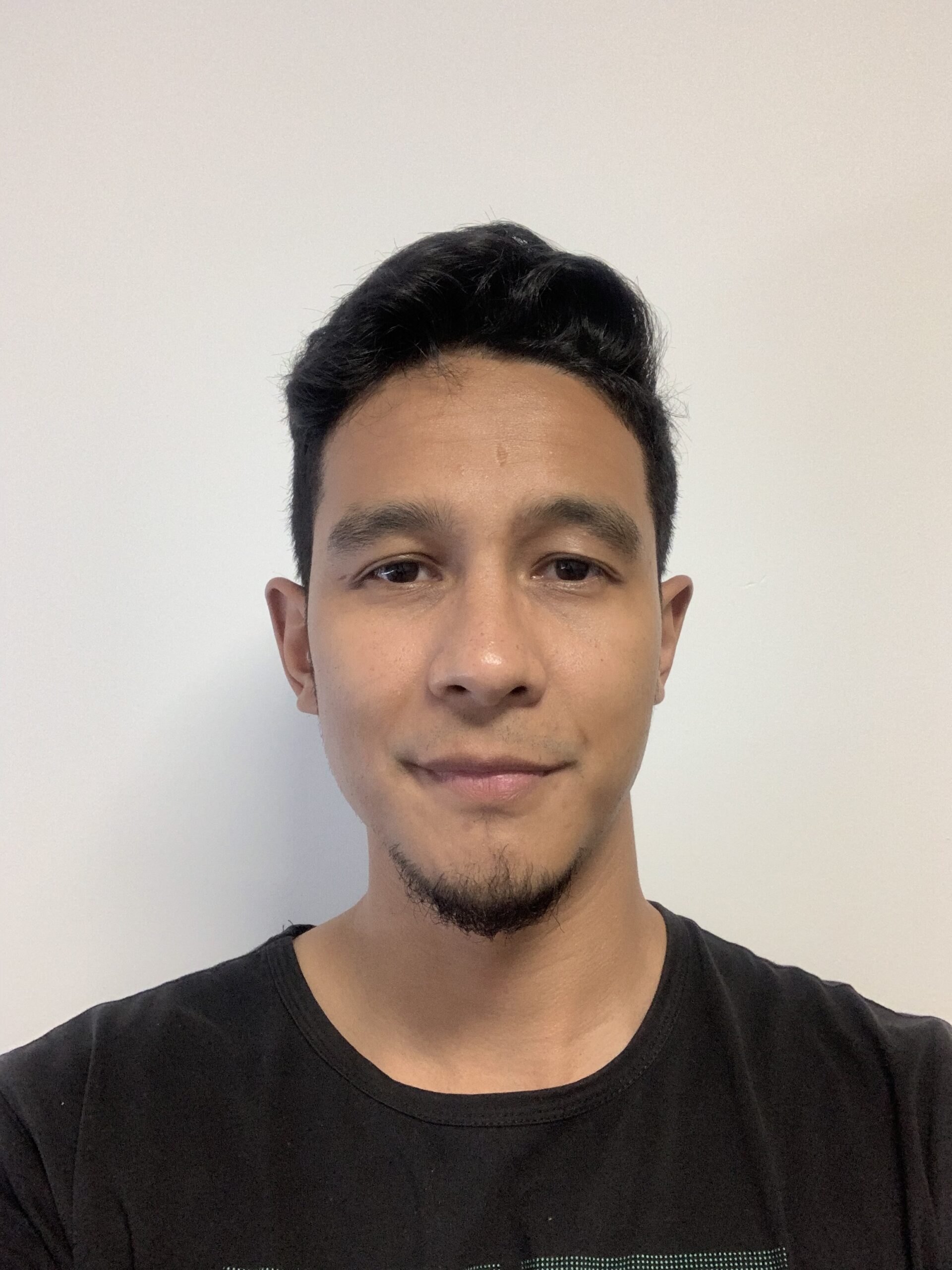
Postdoc, University of Sydney
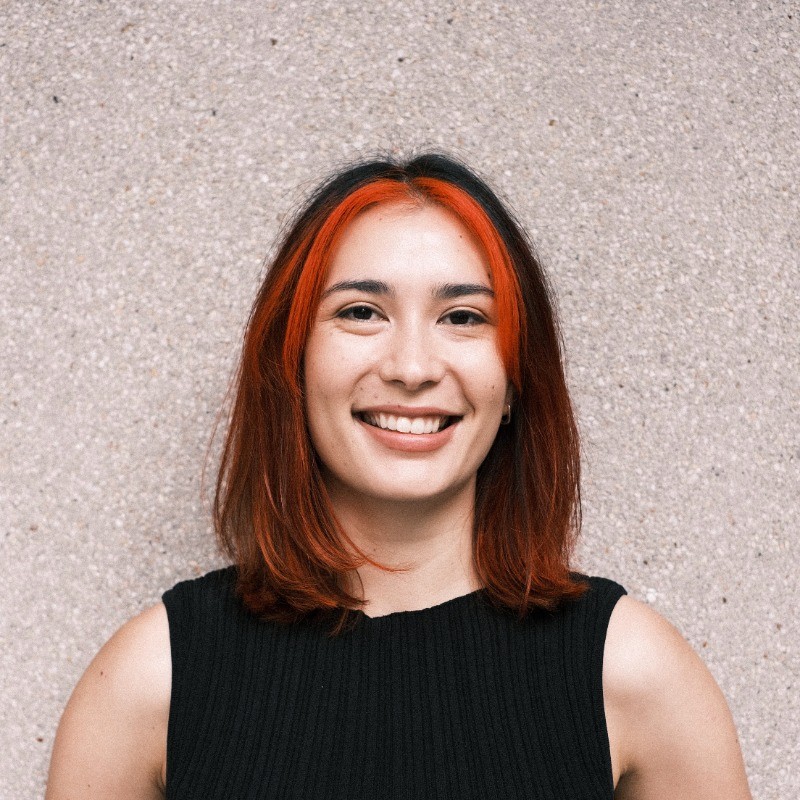
Research Assistant, University of Melbourne
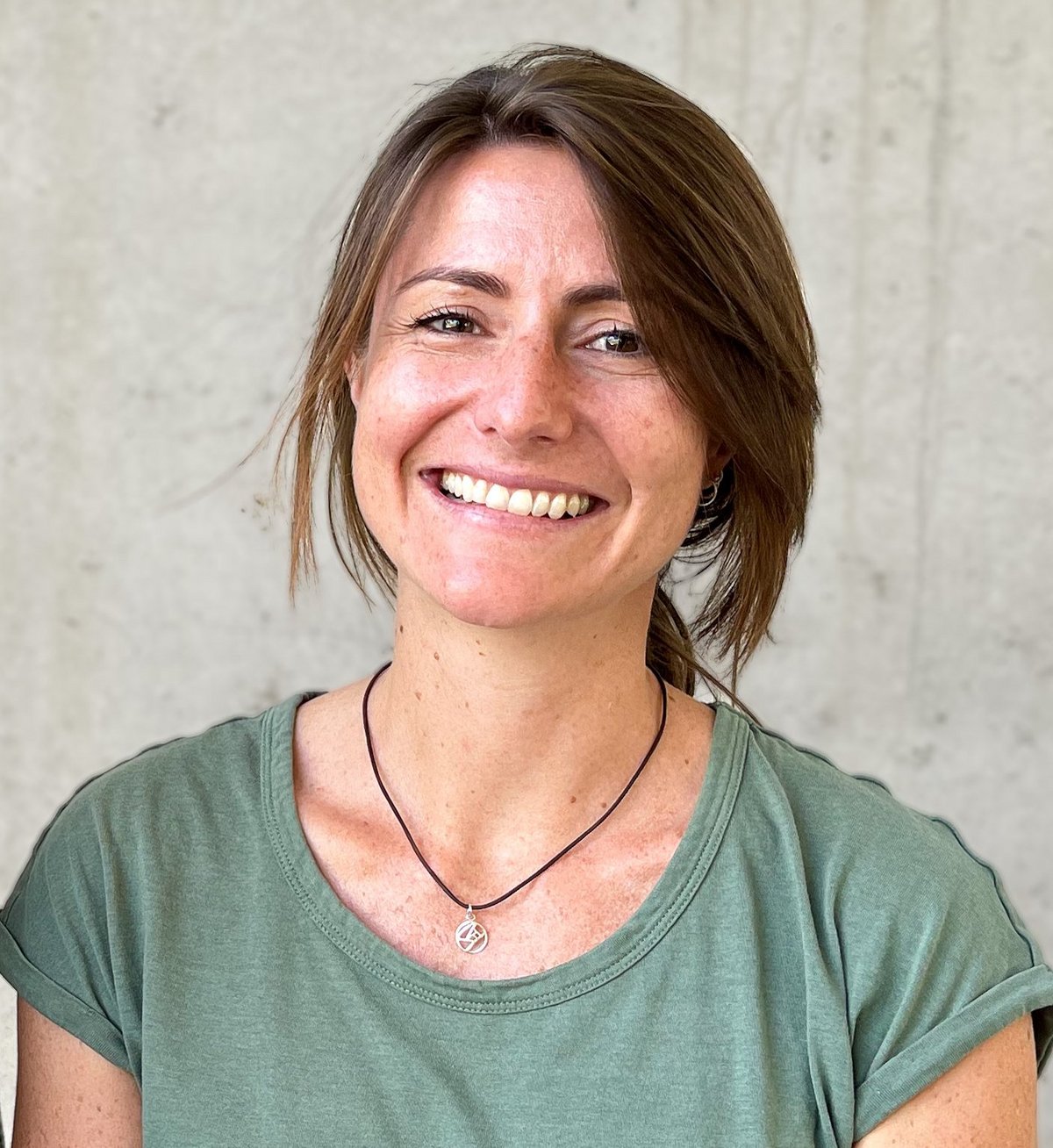
Assistant Professor, University of Konstanz

Senior Lecturer, University of Queensland
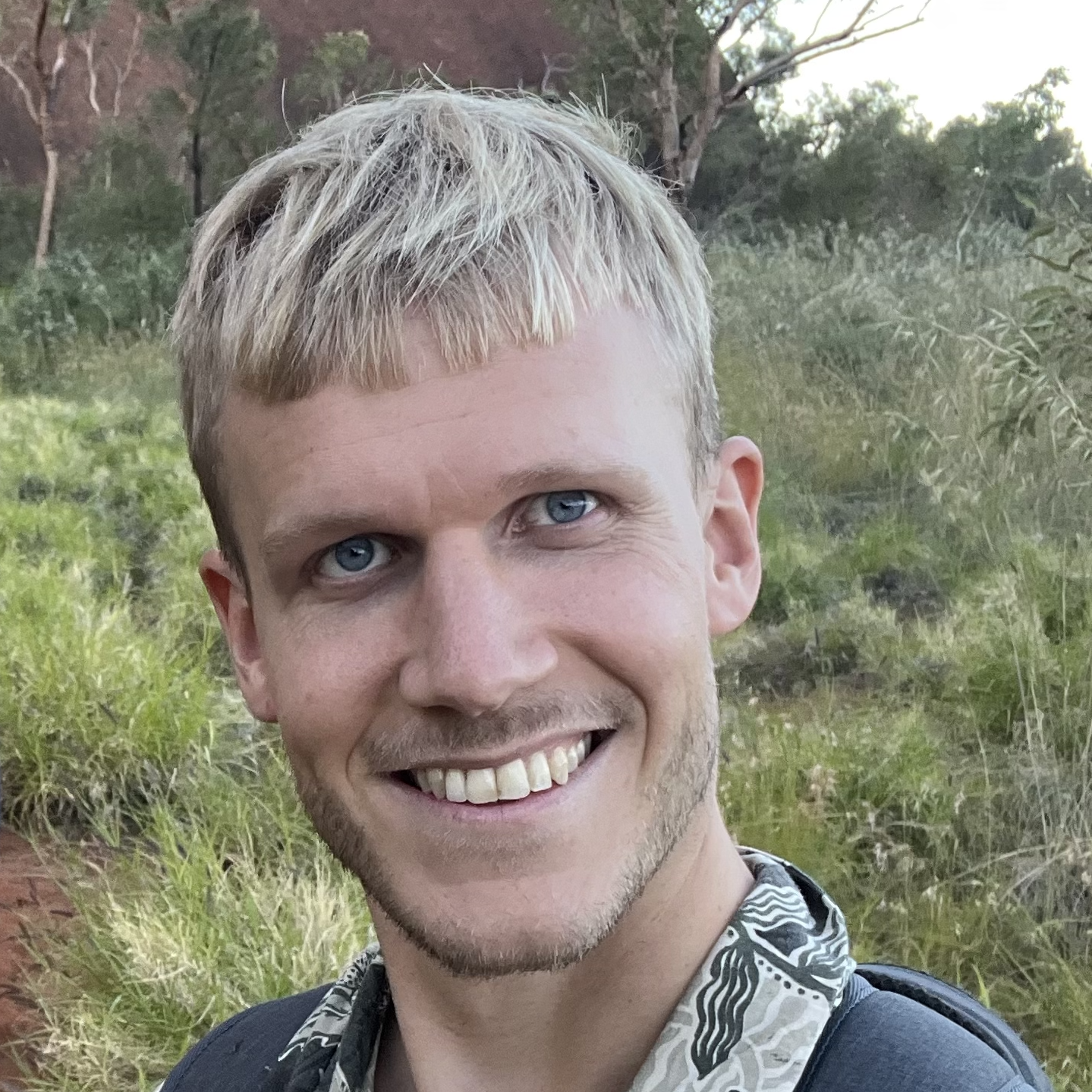
Assistant Professor, Aarhus University
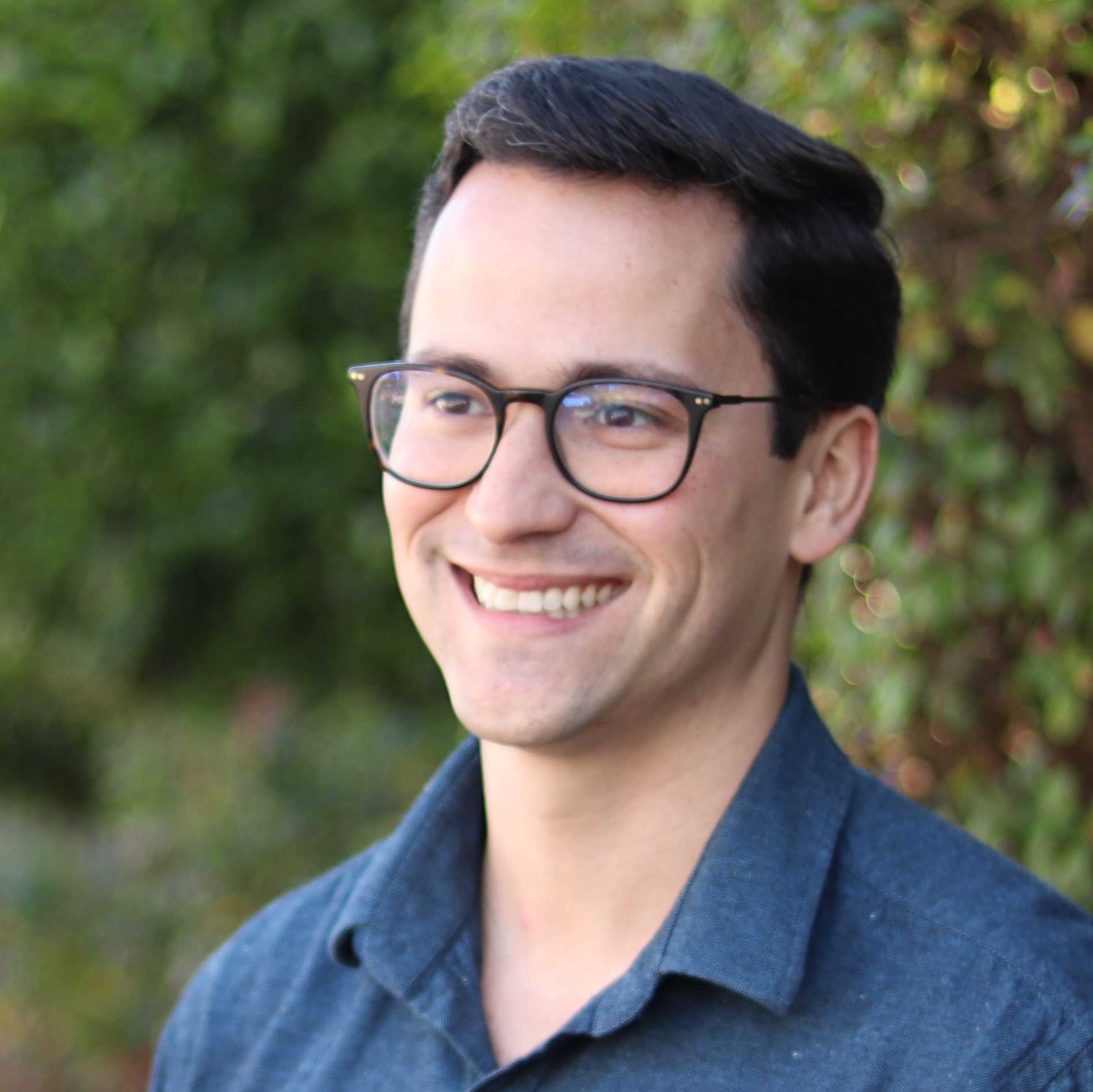
Professor, University of Sydney
Accepted position papers
- The Effects of Virtuality on Social Presence in Remote MR Collaboration. JONAH-NOEL KAISER, OFFIS – Institute for Information Technology, Germany. WILKO HEUTEN, OFFIS – Institute for Information Technology, Germany.
- Cross-Reality Hypermedia: Towards Flexible Collaboration Across Heterogeneous Information Spaces. MARCEL BOROWSKI, Aarhus University. Denmark, JENS EMIL GRØNBÆK, Aarhus University, Denmark. CLEMENS N. KLOKMOSE, Aarhus University, Denmark.
- Exploring Challenges of Hybrid Collaboration in Mixed Reality. JUAN SÁNCHEZ ESQUIVEL, Aarhus University, Denmark. JULIA KLEINAU, Aarhus University, Denmark.
- Virtualizing a Collaboration Task as an Interactable Environment and Installing it on Real World. EUIJUN JUNG, Human-centered Computer Systems Lab, Seoul National University, Republic of Korea. YOUNGKI LEE, Human-centered Computer Systems Lab, Seoul National University, Republic of Korea.
- Managing Information Overload in Large-Scale Distributed Mixed-Reality Meetings. KATJA KRUG, WOLFGANG BÜSCHEL, and MATS OLE ELLENBERG – Interactive Media Lab Dresden, TUD Dresden University of Technology, Germany.
- CoNaviMap: Collective Navigation in Wilderness Search and Rescue Using Collaborative 3D Sketch Mapping. TIANYI XIAO, Chair of Geoinformation Engineering, ETH Zürich, Switzerland. SAILIN ZHONG, Chair of Geoinformation Engineering, ETH Zürich, Switzerland. PETER KIEFER, Chair of Geoinformation Engineering, ETH Zürich, Switzerland. PHOEBE O. TOUPS DUGAS, Exertion Games Lab Monash University, Australia. MARTIN RAUBAL, Chair of Geoinformation Engineering, ETH Zürich, Switzerland.
- Haptic Feedback for Interactive Collaboration: Challenges and Outlook. ALEXANDER ACHBERGER, University of Stuttgart, Germany. MICHAEL SEDLMAIR, University of Stuttgart, Germany.
- Towards Spatial Congruency in Distributed Augmented Reality Games. YASAS SRI WICKRAMASINGHE, HIT Lab NZ, University of Canterbury, New Zealand. STEPHAN LUKOSCH, HIT Lab NZ, University of Canterbury, New Zealand.
- Part of the Course, not just a Spectator: Mixed-Reality Opportunities in University Teaching for Asynchronous Collaboration. FELIX HEISEL, TU Bergakademie Freiberg, Germany. BASTIAN PFLEGING, TU Bergakademie Freiberg, Germany.
- Passive Observation and Asynchronous Feedback to Mitigate Meeting Fatigue. JUNGWOO RHEE, Industrial Design, KAIST, Republic of Korea.
- Bridging Realities in a Heartbeat – How Integrating Heartbeat Signals Supports Collaboration in Mixed Reality. ANKE V. REINSCHLUESSEL and DANIEL IMMANUEL FINK, University of Konstanz, Germany. JOHANNES ZAGERMANN, University of Konstanz, Germany. ALBERT H. VAN DER VEER, University of Konstanz, Germany. DUANGKAMOL SRISMITH, University of Konstanz, Germany and Centre for Research in Neurosciences, France. BIGNA LENGGENHAGER, University of Konstanz, Germany and University of Zurich, Switzerland. JENS C. PRUESSNER, University of Konstanz, Germany. TIARE FEUCHTNER, University of Konstanz, Germany.
- Initiating and Sustaining Collaboration in Mixed Reality: A Cross-Traffic Interaction Perspective. ANNIKA STAMPF, Institute of Media Informatics, Ulm University, Germany. MARKUS SASALOVICI, Institute of Media Informatics, Ulm University, Germany, ENRICO RUKZIO, Institute of Media Informatics, Ulm University, Germany.
- Exploring the Contributing Factors of First-Person Perspective Video on Instruction: A Preliminary Study. NEIL JUSTIN ROMBLON and YASUYUKI SUMI, Future University Hakodate, Japan.
